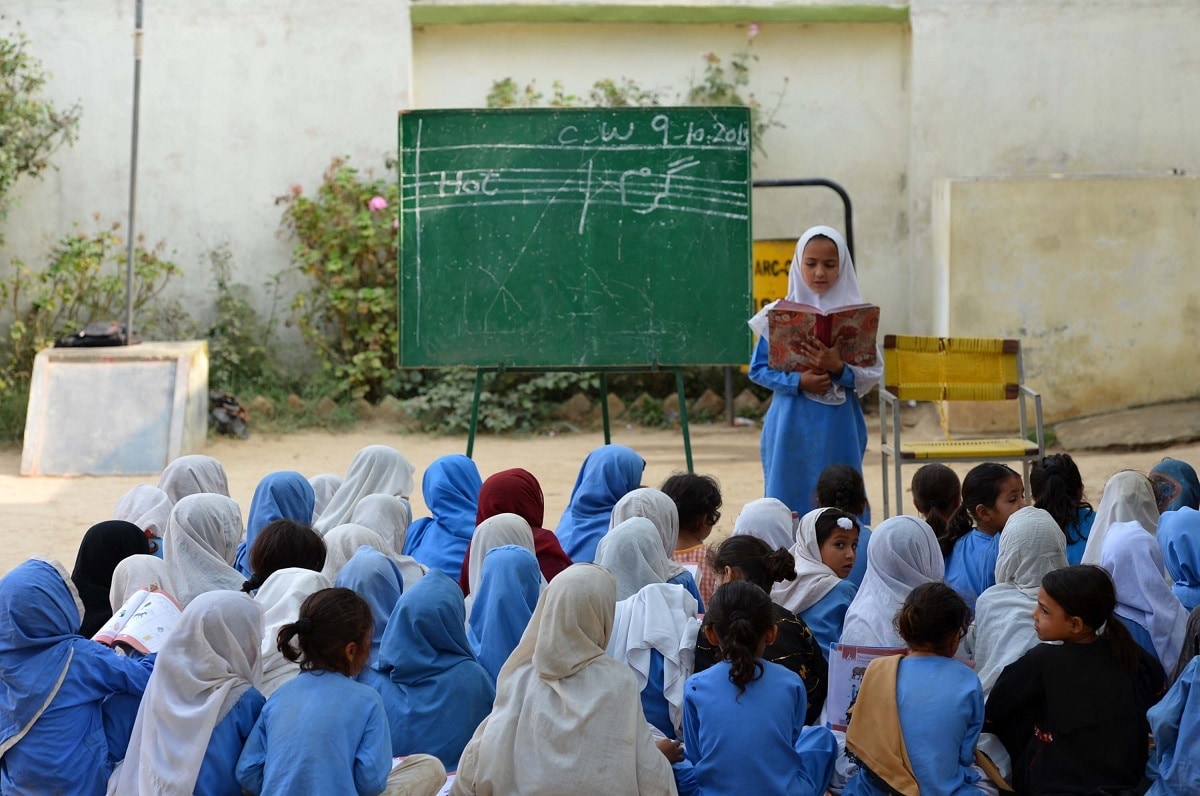Fresh attacks by the Pakistani Taliban mark an alarming
regression in the decade-long progress made in the region.

The terrorist attack on a school van in the Swat district of Pakistan’s Khyber Pakhtunkhwa province this week confirms the return of the extremist groups that had imposed their anti-education agenda on the region a decade ago by bombing schools, particularly schools for girls, banning girls’ education and attacking students.
Armed men on a motorcycle opened fire on the school van, killing the driver and injuring two children who were travelling to school in Swat – a stronghold of the outlawed Tehrik-i-Taliban Pakistan (TTP) or Pakistani Taliban between 2007 and 2009.
Swat is the home district of Malala Yousafzai, the youngest ever Nobel laureate. This week’s attack refreshes the memories of the attempted assassination of Malala in 2012 when she was only 14 years old. Malala was shot in the face by TTP gunmen as she returned home in a van from school. She had been targeted for continuing her study, in breach of a ban on girls’ education in Swat that had been imposed by the TTP. She survived the attack and emerged as a role model for other young girls not only in Swat Valley but the country as a whole. She has since become a global ambassador, working for the protection of women’s rights across the world.
The Swat Valley is known as the “Switzerland of Pakistan”, famed for its natural beauty, archaeology and history. Despite its idyllic location, nestled in the foothills of the Hindukush mountain range, terrorism has plagued the region. Under former president General Pervez Musharraf, a military operation was launched against extremist groups in Swat in 2007. As a result, one third of the population became internally displaced, fleeing pitched battles between the Pakistan army and TTP insurgents.

Between 2007 and 2009, TTP militants destroyed more than 100 girls’ schools in the region. In 2014, under former prime minister Nawaz Sharif, the Pakistan army launched an operation to eradicate terrorist outfits from the country’s northwestern tribal areas bordering Afghanistan, with the militants driven out of their strongholds and ultimately taking refuge in Afghanistan. The TTP reportedly declared their return to Swat in August 2022, and in September claimed responsibility for a blast that killed five people including a peace committee member.
This week, thousands of people staged a sit-in protest in Swat, demanding the arrest of those behind the most recent attack on the school van. One protester said that the terrorists were the “enemies of books, students and teachers” and vowed that “the residents of Swat…will never be subdued or scared”.
Across the border, this sentiment resonates. Despite international pressure, the Taliban in Afghanistan has banned the education of teenage girls in most provinces of the country. Last September, the Taliban allowed boys to return to classrooms but asked most older girls to stay home until conditions improved. The move is effectively a ban on educating girls beyond primary school and reflects the regime’s stance on gender.
The TTP’s comeback is nothing short of a nightmare for the people of Swat. The recent incidents of violence should be a wake-up call for the Pakistani authorities who should take all steps necessary to fully restore the writ of the state amid the rising tide of insurgency in the valley.
